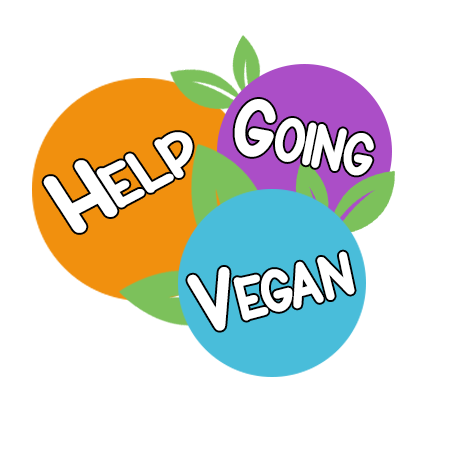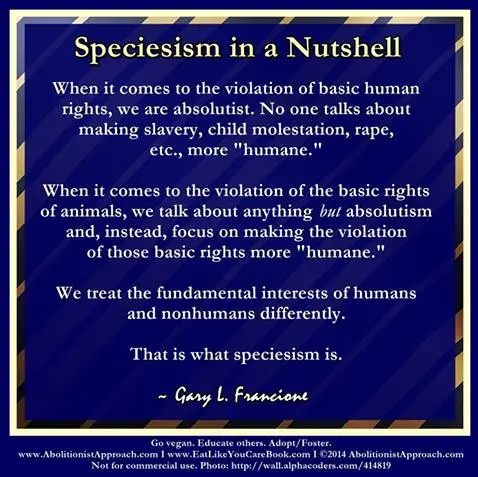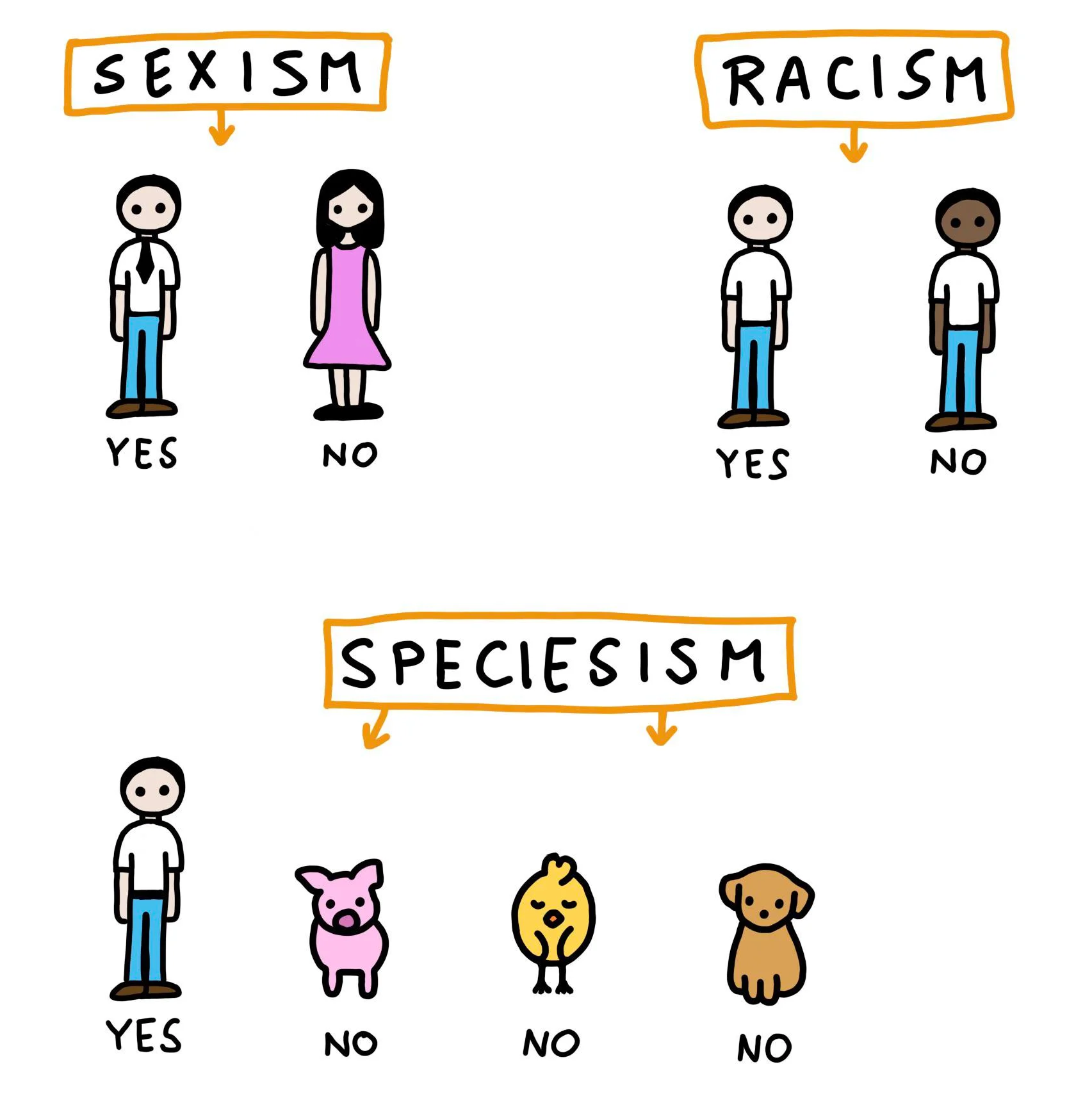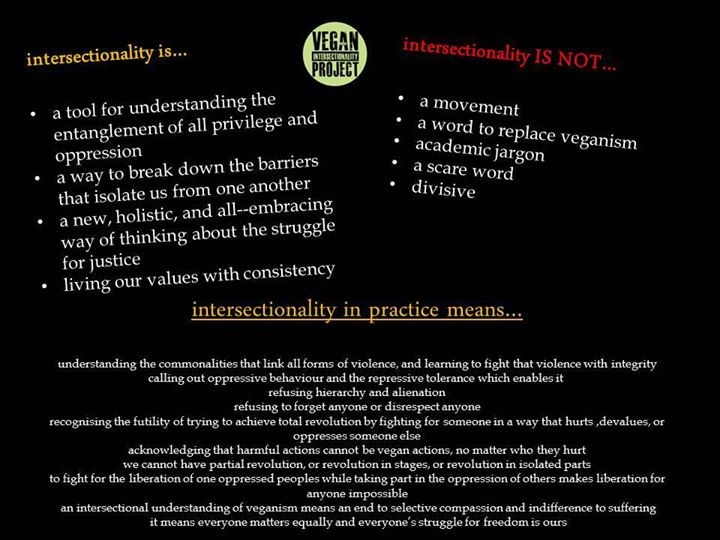What is intersectionality?
Simply put, intersectionality is an understanding of the interconnected nature of all forms of oppression; from racism, sexism, classism, ableism, speciesism, and beyond.
These categorical hierarchies are not disparate forms of oppression, but are in fact mutually dependent and intersecting in nature – composing a unified system of oppression throughout society.
For example, someone who is both a woman and gay will experience oppression due to her sex and her sexuality, not entirely separately as if each trait existed in a vacuum, but in an interconnected, compounded way. In other words, the oppression she feels is greater than the sum of its parts.
The value of intersectionality comes not only from understanding this compounded effect of oppression and privilege within society but also from its tendency to reveal the common roots of all oppression, bringing members of various social groups together.
Intersectionality is a term that was coined by Kimberlé Crenshaw in her 1989 essay “Demarginalizing the Intersection of Race and Sex: A Black Feminist Critique of Antidiscrimination Doctrine, Feminist Theory and Antiracist Politics.”
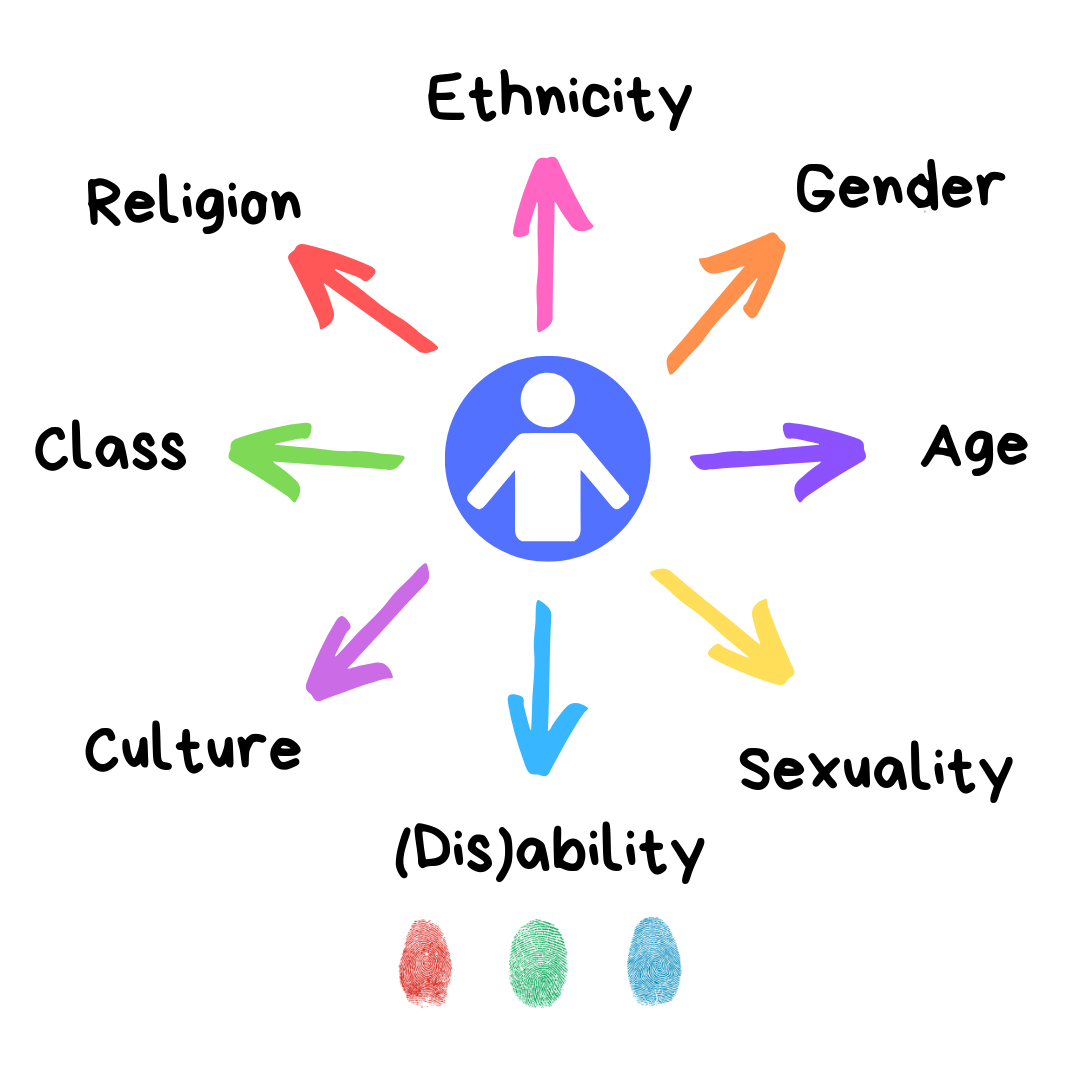
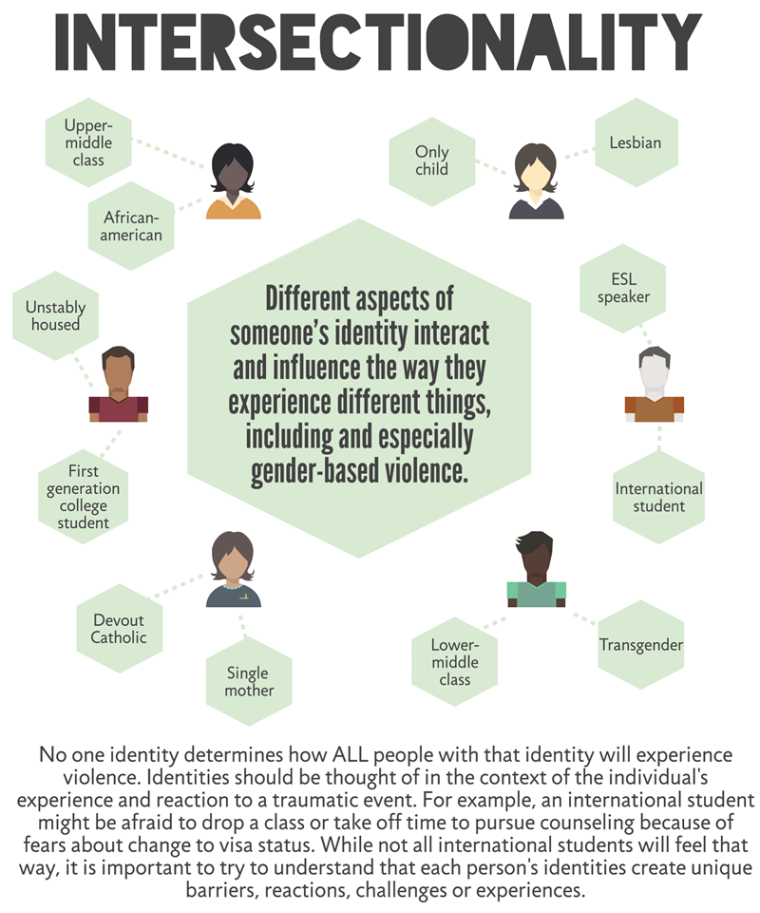
Why do we as vegans need to embrace intersectionality?
Because we are stronger together. And no individual should be oppressed, regardless of their gender, sexuality, race, nationality, class, abilities, religion, or species.
Think of the change we could create in our world if every social justice group came together. If rather than individual groups fighting for recognition, we were able to come together and fight for justice for all.
If feminists fought not only for the rights of women, but also for the rights of people of colour. Not just people of colour who are also women, but ALL people of colour.
If LGBTQ+ activists fought for animal rights in addition to the rights of the members of the LGBTQ+ community.
If vegans fought for the rights of marginalized people from every walk of life in addition to fighting for the rights of non-human individuals.
We would add MILLIONS of voices to each of these vital causes. We would create safe, welcoming spaces for countless people to become more open to our message.
This is how real change will come about. Not from constant reductionism of the issues, but from an understanding that oppression is wrong, no matter who is being oppressed. That oppression must end, and we must unite to make this dream a reality.
Not only is it necessary, but it’s simply the right thing to do.
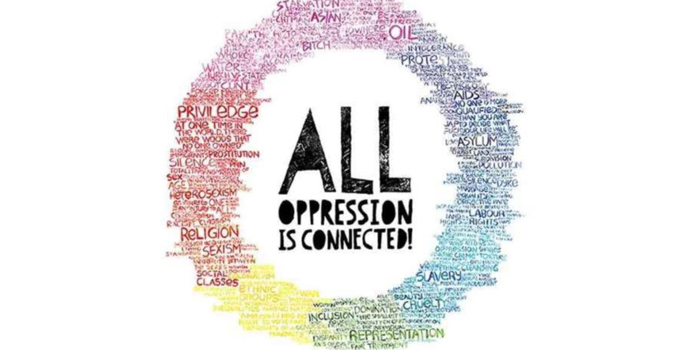
Intersectional veganism means that we do not just seek to end animal agriculture as it takes the lives of billions of animals every year. It means that we also seek to advocate for farm workers that grow our plant-based foods in conditions that are horrendous and anything but “cruelty free”. It means that environmental and food injustice related to animal agriculture is accounted for and actively sought to be dismantled.
Intersectional Harms caused by Animal Use
Many different harms emanate from a non-vegan life that is predicated on animal use.
They include:
World Hunger
Human Inequality and Workers Exploitation
Human Illness and Premature Death
Environmental Destruction & Climate Change
By happy coincidence, when one goes vegan for ethical reasons, in order to stop using and harming other animals, there are many other benefits which help address each of these inter-related, intersectional issues.
The callous disregard for others who we perceive to be different or beneath us, that allows us to exploit other animals, allows us to exploit humans too.
